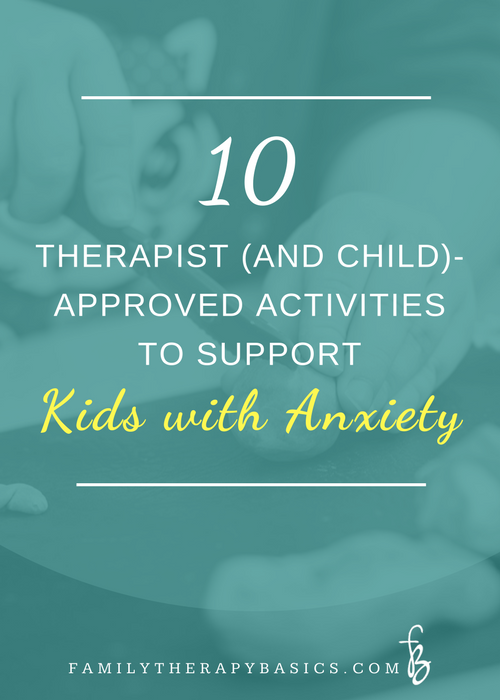If you’re a mental health professional working with children, you will probably agree that many of the calls you receive from parents have something to do with anxiety or stress. Child therapists have the amazingly important yet challenging task of educating and supporting kids in a therapeutic setting that is both productive and fun. When working with children as young as preschool age, it can be a very daunting task to keep things fresh and exciting week after week! So, how do we help children develop the coping skills they need while keeping them engaged (and not glancing at their watch)? Here are ten therapist (and child!)-approved, fun activities that address anxiety-based disorders and promote relaxation and stress reduction in children:
Read moreThe Art and Science of Therapy as Craft, Part 2: Crafting Questions
For this week's video chat, Dr. AnnaLynn Schooley returns to discuss therapy questions as an intentional craft, and she covers four basic question types: single answer, open, closed, relational, and circular.
Read moreTherapist Self-Disclosure Simplified
Self-disclosure is a touchy subject among therapists. Some therapists never self-disclose, while others feel stifled by having a rigid boundary around self-disclosure. As I consider self-disclosure in therapy, I ask myself, “When is self-disclosure appropriate?” “How does self-disclosure deepen the therapist-client connection?"
Read moreSolution Focused Brief Couples Therapy Tips, with Elliott Connie
Elliott Connie is a Solution Focused Brief Therapy (SFBT) practitioner, author, and speaker. He developed an approach to couples work that distills the essence of SFBT into guiding principles for working with couples.
As a therapist who loves working with couples, I am always interested in ways to enhance my couples therapy skills. For this reason, I invited Elliott to explain the reasons why SFBT is his choice for working with clients, as well as how it creates a contrasting experience for couples that have a history in therapy.
Read more



